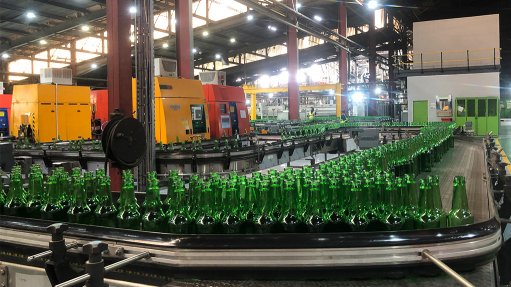
January marked a poor start to the year for the Absa Purchasing Managers’ Index (PMI), with its headline index having declined to 43.6 points, down from 50.9 in December.
Absa attributes the decline to a sharp deterioration in demand and activity, and points out that the index has only fallen to this low level a handful of times in the past.
The business activity index plunged to 37.1 index points in January, compared with a level of 51.4 in December, despite less loadshedding than in most of 2023.
Absa believes the decline in output was likely driven by a decrease in demand as the new sales order index fell to 37.2 index points, from 46.3 in December.
Respondents to the PMI cited demand being lower than usual and that a lack of materials and goods required in the production process also held back output.
The inventories index declined to 37.7 in January, which is the lowest level since mid-2020 and six index points lower than the 44.4 measured for the index in December.
On the upside, respondents were more optimistic about business conditions going forward, with the index tracking expected business conditions in six months’ time having risen from 57.9 in December to 58.7 in January.
Absa adds that the improvement in sentiment does not mean business conditions are expected to be better relative to normal or long-term business conditions, but rather relative to the current dismal environment.
On the price front, purchasing prices ticked up to 67.5 in January, compared with 62.1 in December, which was likely driven by a weaker rand exchange rate and a higher Brent crude oil price compared with December.
Upward price pressure remains fairly benign, Absa explains, since it is below the average recorded in 2023 and 2022. Price dynamics remain sensitive to shocks, the bank points out.
The employment index increased to 45.2 in January, compared with 44.8 in December, which is positive given the sharp drop in business activity.
Lastly, supplier deliveries declined to 61 in January compared with a level of 67.7 in December, which may signal some improvement in the delivery times of supplies as this index is inverted – an increase in supplier performance results in a decline in the index.
However, the downtick in the supplier deliveries index could also be a result of lower demand for supplies, which is negative for the sector.